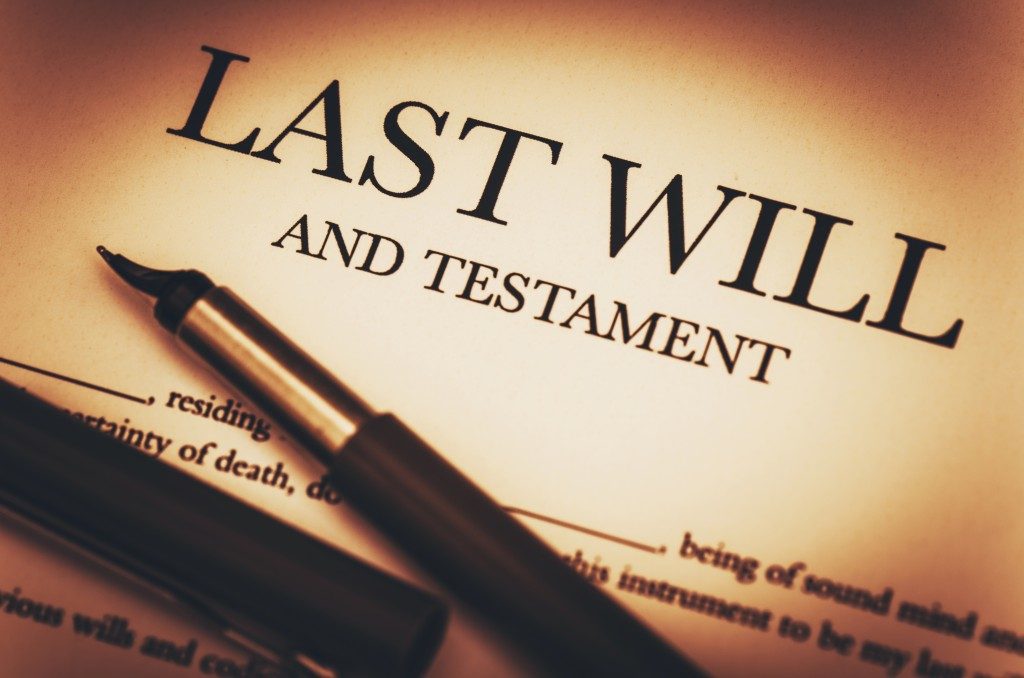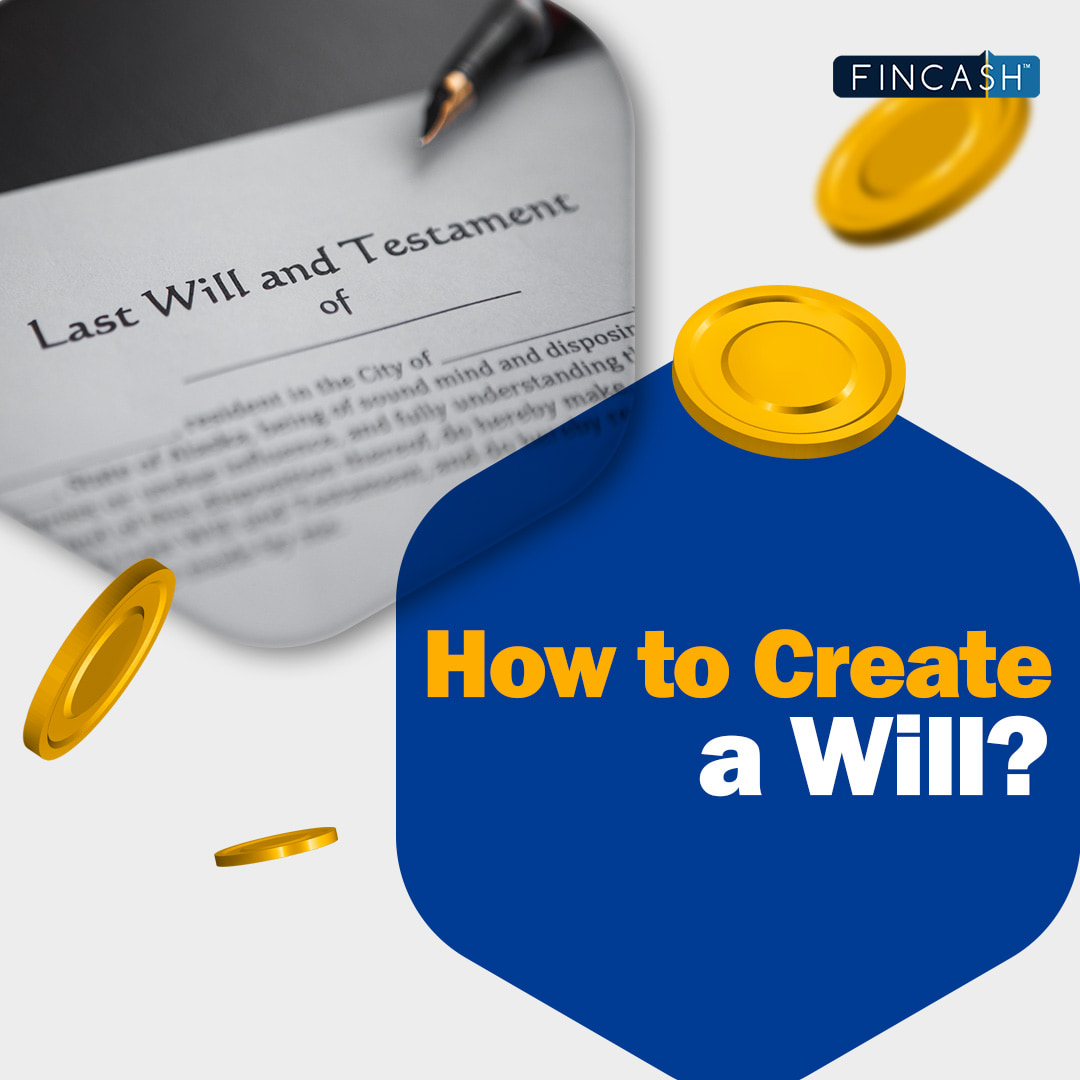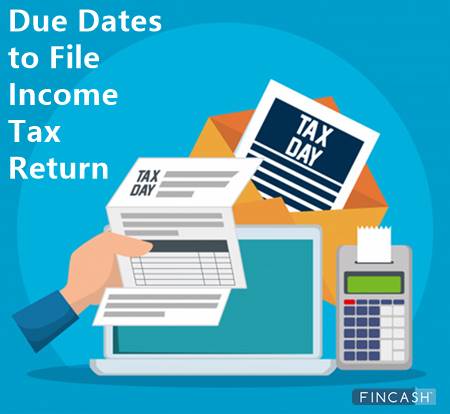
Table of Contents
Last Will and Testament
What is the Last Will and Testament?
Last will definition or testament is the term used to define the individual’s will concerning property rights. It is a document specifying the distribution of the property the person owns and the person who is responsible for managing the property until it is distributed. It also specifies the guardians of the kids.

Simply put, a testament is a document containing the individual’s final wish regarding the distribution of the asset. The will lays out the decision of the deceased person as to who will own the asset the deceased owned. The person could decide to pass the assets and property to their children, relatives, and other loved ones. They can also donate it to the charity. Everything that has to be done with the assets, accounts, custody, interest, liabilities, and belongings of the deceased person is stated in the last will or testament.
Real Estate Settlement
The will is created when the individual is alive. As soon as the person dies, the dependants and lawyers go over the last will to distribute the assets according to the deceased person’s instructions. Testament is an important real-estate planning element for the dependants. It lays out all the conditions and instructions the deceased person wants. It specifies the way the real-estate owned and managed by the deceased are to be settled. It isn’t only the will that is used to distribute the assets and manage the Real Estate plan. However, will or testament is the first thing the probate court takes into consideration to settle the assets and property. Note that certain assets cannot be added to the will. For example, the Life Insurance policy will automatically be passed to the family of the individual when they die. Similarly, the qualified retirement plan cannot be part of the last will of a deceased.
Talk to our investment specialist
Asset Dispositions in the Case of No Will or Testament
For dependant, testament works as the instructions concerning the disposition of the assets owned by the deceased. The will expresses how the assets must be distributed among the surviving dependents and who is to get the asset in what amount. If an individual dies without writing a valid will or testament, then the state will Handle the real estate settlement. The state has the right to conduct the distribution of the assets and send payments to each dependant.
The state does not take the family’s condition into consideration when settling the assets of the deceased. The blood relatives and close family members have the right to make a claim for the assets. The probate court will pass a decision based on the children involved in the family. They also have the right to give guardianship of the kids to the blood relatives. Note that the probate court can consider the testament invalid. It happens when the will is not drafted appropriately. The individual must appoint an executor who has to manage the assets and the property until the disposition. The will also express the ratio of asset distribution among the dependants.
All efforts have been made to ensure the information provided here is accurate. However, no guarantees are made regarding correctness of data. Please verify with scheme information document before making any investment.












